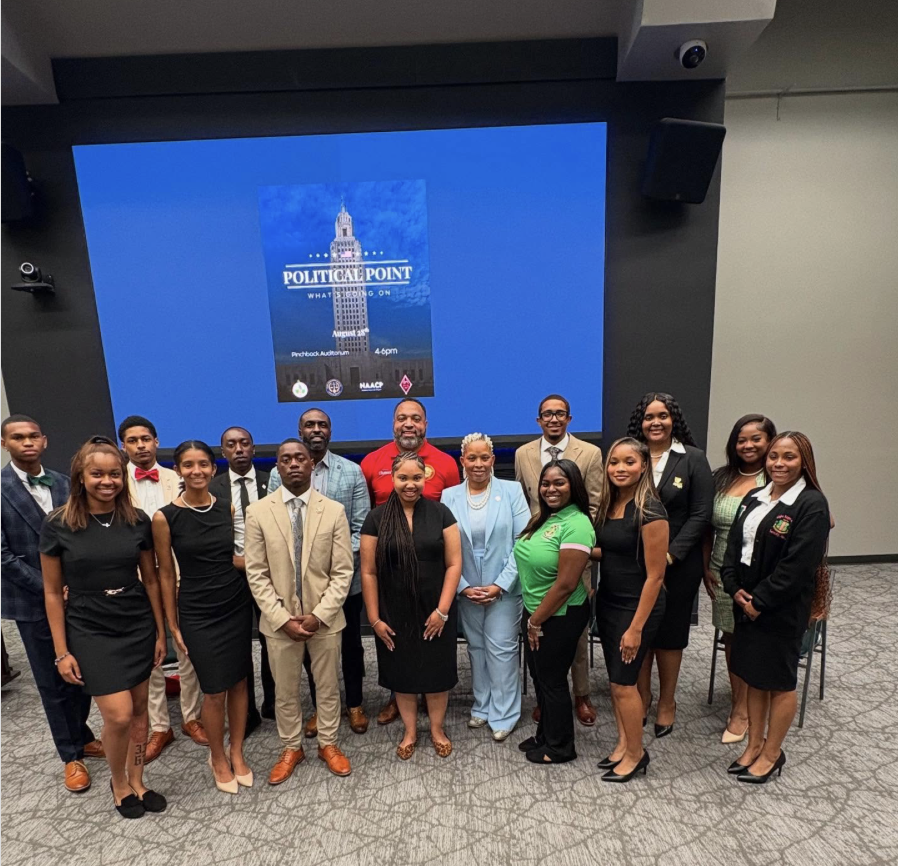(StatePoint) Graduating college? If you’re like many young adults, this is the first time you’ll be managing your finances independently. There’s more to it than ensuring you have enough money in the bank to pay for your next bill.
CERTIFIED FINANCIAL PLANNER™ professionals say these five strategies can help you hit the ground running during this transitional phase of life:
1. Live without regret: According to a 2020 NerdWallet study, 83% of Gen Zers and millennials have experienced regret about spending decisions. Break the cycle of spending too much and stressing afterward by creating a spending plan that prioritizes the expenditures you value most. Remember, finding a budgeting framework that builds confidence and security without feeling restrictive may require trial and error. A CFP® professional can help you draw up a plan and reassess it whenever there are changes to your income, fixed expenses or overarching goals.
2. Make sound housing decisions: To say that buying a home is always better than renting oversimplifies a complex calculus. Renting — with or without roommates — may actually make more sense for a young adult’s lifestyle. While homeownership comes with the benefits of built-up equity and potential real estate appreciation over time, it also means being on the hook to fix issues like leaky plumbing and broken appliances as they arise. And while you could pay someone to attend to these tasks, that’s something you’ll need to account for in your cost-benefit analysis. Before making a major financial commitment, talk to a CFP® professional to figure out whether renting or owning is right for you now.
3. Pay yourself first: In financial speak, “compounding” means earning returns on both the initial investment and the previously acquired returns. It’s a powerful phenomenon both when saving for retirement and with any other investing you do, particularly if you start young. While it’s easy to be distracted by imminent expenses, you should regard saving and investing as “paying yourself first.” Set aside a consistent portion of your income to your own savings before attending to other obligations. After you’ve established a sufficient emergency fund, seeking the guidance of a financial advisor is a smart way to ensure that investments are properly diversified to be in line with your risk tolerance, time horizon and goals.
4. Look way, way ahead:Plan for retirement now? That advice can sound unbelievable when you’re just starting your career. But the earlier you can make retirement contributions, the better off you will be. Don’t just sock retirement money away into a typical savings account, however. You’ll earn more with a dedicated retirement plan, such as an employer-sponsored 401(k), 403(b) or 457, particularly if your company offers matching or profit sharing.
Another option is an individual retirement account (IRA). Whether you open a Roth or traditional IRA, you won’t pay taxes during the life of the account. And because these funds can’t be tapped into without penalty until you’re 59-and-a-half, it’s a great way to shield your future financial security from today’s spending temptations.
5. Work your benefits into your plan: Beyond retirement benefits, your employer may offer additional perks such as life insurance, medical and dental coverage, and disability insurance. Evaluating plan options is not always a straightforward apples-to-apples comparison though. A CFP® professional has the experience and expertise to look at how your new job could interact with your overall financial plan.
To find a CFP® professional committed to acting in your best interest as you navigate post-college life, visit LetsMakeAPlan.org.
With a smart financial plan, you can use your 20s and 30s to not only get into a rhythm of sensible cashflow management but to lay the groundwork for a secure financial future.
Photo Credit: (c) Valerii Apetroaiei / iStock via Getty Images Plus
Categories:
5 Financial Tips for New College Graduates
May 2, 2024

0
More to Discover





